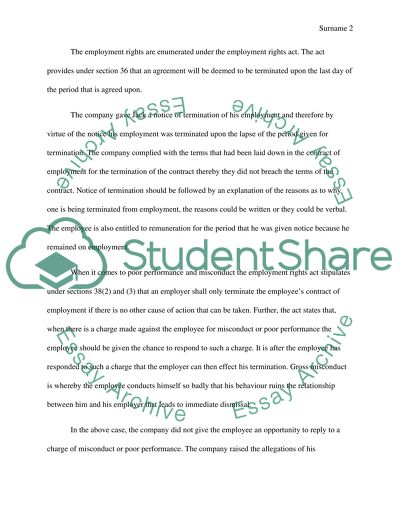Cite this document
(“Employment Law Essay Example | Topics and Well Written Essays - 1500 words”, n.d.)
Retrieved from https://studentshare.org/law/1393025-employment-law
Retrieved from https://studentshare.org/law/1393025-employment-law
(Employment Law Essay Example | Topics and Well Written Essays - 1500 Words)
https://studentshare.org/law/1393025-employment-law.
https://studentshare.org/law/1393025-employment-law.
“Employment Law Essay Example | Topics and Well Written Essays - 1500 Words”, n.d. https://studentshare.org/law/1393025-employment-law.


